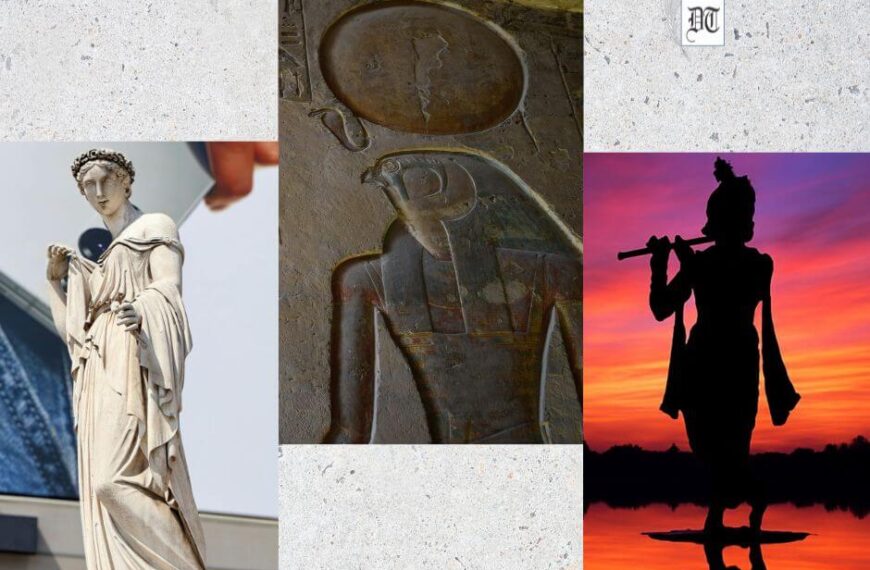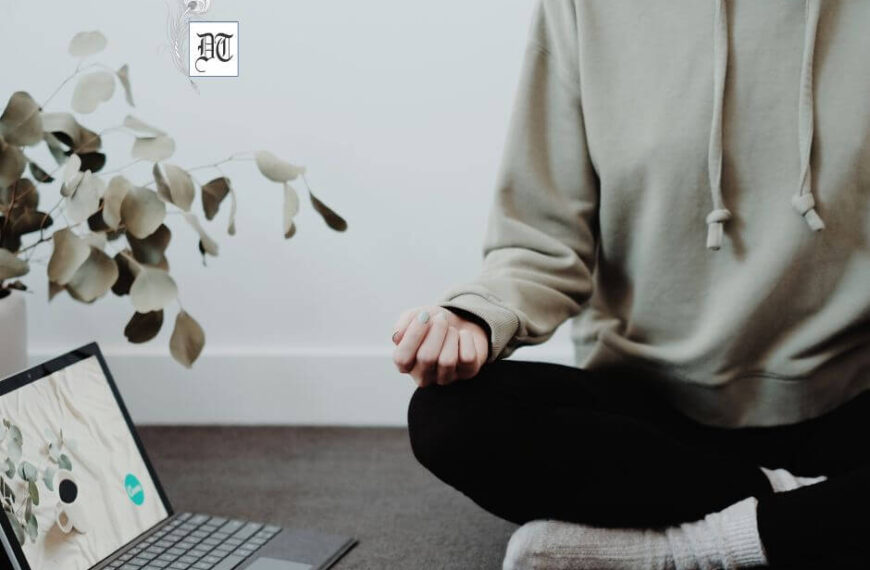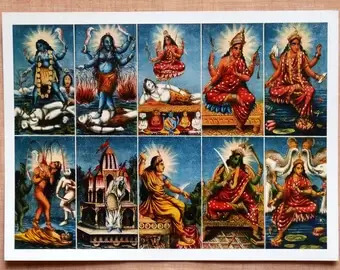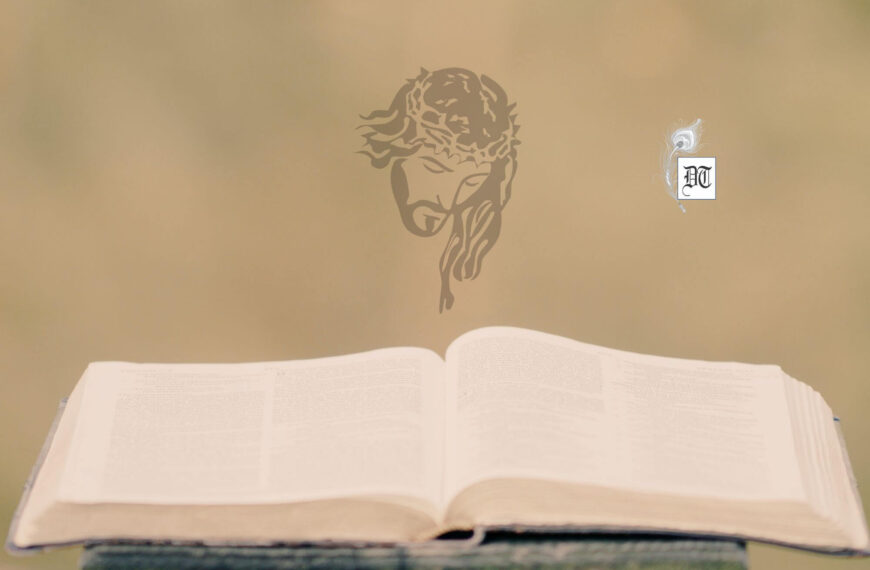Fasting during Ramadan allows Muslims to seek nearness from Allah, ask forgiveness, express gratitude to him and atone for sins, among many others. It is essentially a time of spiritual discipline, deep contemplation and reflection. Muslims believe that the first verses of the Qur’an were given to Prophet Muhammad in Ramadan. Tradition dictates that the night his visions began was on one of the odd nights in the last 10 days of Ramadan. Urooj writes about the significance of the holy month culminating in the three-day festivity Eid ul-Fitr.
Nearly a quarter of the world’s population observes a month-long period of prayer, charity, spirituality and fasting known as Ramadan.
Approximately 1.6 million Muslims across the globe participated in the holy festival this year. They fast from sunup to sundown, increase humility and generosity, avoid sources of pleasure, read and study the Quran, and engage in deep prayer every day, all for an entire month.
Ramadan is observed every year to commemorate the first revelation of the Quran to Prophet Muhammad (May Allah be pleased with Him), the founder and chief Prophet of Islam. Specifically, it commemorates the night in 610 AD when the first verses of the holy text were revealed to the prophet. This holy night is called “The Night of Power” or Laylat al-Qadr in Arabic.
Ramadan is part of the five pillars or duties of Islam, which are the following:
- Shahada or the declaration of faith;
- Salat, which consists of five daily prayers;
- Zakāt or alms-giving;
- Sawm or fasting, where the holy month of Ramadan falls;
- and Hajj or the pilgrimage to the holy city of Mecca.
When is the Official Start of Ramadan?
Islam follows a calendar that is based on the phases of the moon. Twelve months in the lunar calendar is equal to 354 days — 11 days shorter than the standard Gregorian calendar. Ramadan, which begins during the ninth month of the Islamic lunar calendar, moves backward by 11 days every year.
Fasting during Ramadan allows Muslims to seek nearness from Allah, ask forgiveness, express gratitude to him and atone for sins, among many others. It is essentially a time of spiritual discipline, deep contemplation and reflection.
Muslims are supposed to get rid of negative thoughts and emotions such as jealousy and anger, as well as complaining, gossiping and swearing. Some may choose to limit or give up activities such as watching TV or listening to music. Instead, they will opt for listening to or studying the Quran.
Five things Muslims do during Ramadan
- ‘Refrain’ from Food, Water and Sex.
The Arabic word for fasting literally means “to refrain”. In daylight hours during Ramadan, Muslims do not eat or drink anything, not even water.
But the fast does not just cover food. There is also a wider encouragement to refrain from sex and habits that are considered harmful such as smoking, swearing, and gossiping.
Through this discipline Muslims believe they can understand life for those less fortunate as well drawing closer to God.
- Give to the Needy
Much like Christians are often particularly generous around Christmas time, Ramadan is a time when Muslims are reminded of the need to give to charity.
Islamic aid charities often run campaigns around this time to encourage Muslims to donate. If someone is unable to fast through illness, old age, or if they are pregnant woman, they are encouraged to make up for it by feeding a needy person for each day they do not fast.
- Search for the ‘Night of Power’
Muslims believe that the first verses of the Qur’an were given to Muhammad (May Allah Be Pleased with Him) in Ramadan. Tradition dictates that the night his visions began was on one of the odd nights in the last 10 days of Ramadan.
It is known as Laylat al-Qadr and is believed to be one of the holiest nights in the Islamic year. Many Muslims consider this night to be better than 1000 months of worship and a time where Allah’s blessings and kindness are abundant.
- Recite Specific Prayers
One of the key tenets of Islam is the daily prayers but in Ramadan specific prayers are said.
The Tarawih Salah are extra prayers performed by Sunni Muslims at night during Ramadan. They are considered optional and are often performed along with a complete recitation of the Qur’an over the month.
- Break the Fast in Community
Muslims often invite their friends and neighbours to share the evening meal just after sunset when the fast is broken. This is called an Iftar and is not delayed into the evening.
The fast is traditionally broken with an odd number of fresh dates and a few sips of water before the proper meal begins.
The end of Ramadan is marked by intense worship as Muslims seek to have their prayers answered during“Laylat al-Qadr” or “the Night of Destiny.” It is on this night, which falls during the last 10 nights of Ramadan, that Muslims believe that God sent the Angel Gabriel to the Prophet Muhammad (May Allah Be Pleased With Him ) and revealed the first verses of the Quran. Some devout Muslims go into reclusion those final days, spending all of their time in the mosque Called “Aitekaa’af” which means staying in the mosque focusing on the prayers and staying away from the matters of the world. One is not supposed to step out of the mosque during these ten days and completely avoid any connection to the outside world.
The end of Ramadan is celebrated by a three-day holiday called Eid ul-Fitr. Children and elders receive new clothes, gifts and money. Everyone — family and friends — gathers together for big meals, exchanges presents and spends time together.
©Urooj Murtaza





 By
By
 By
By
 By
By